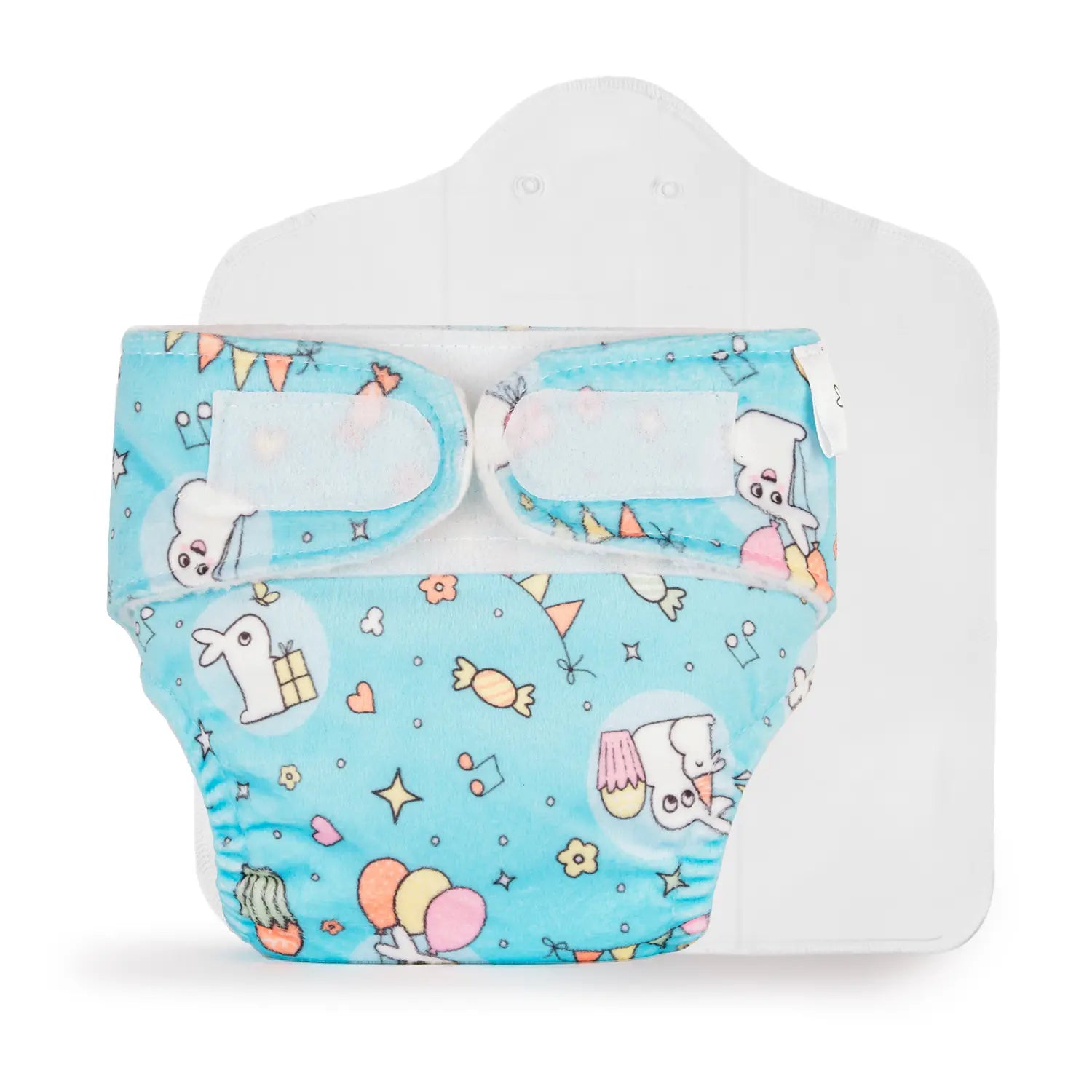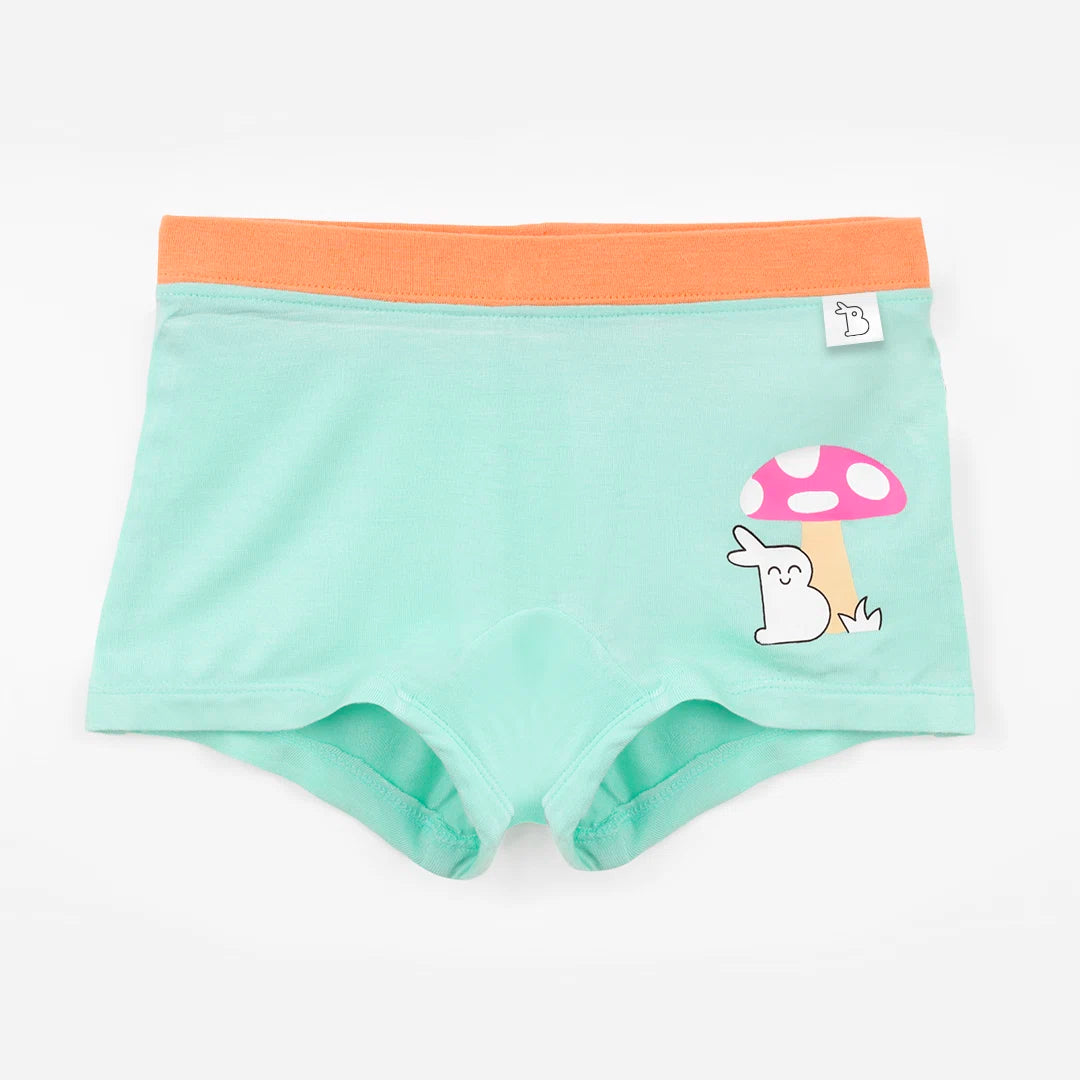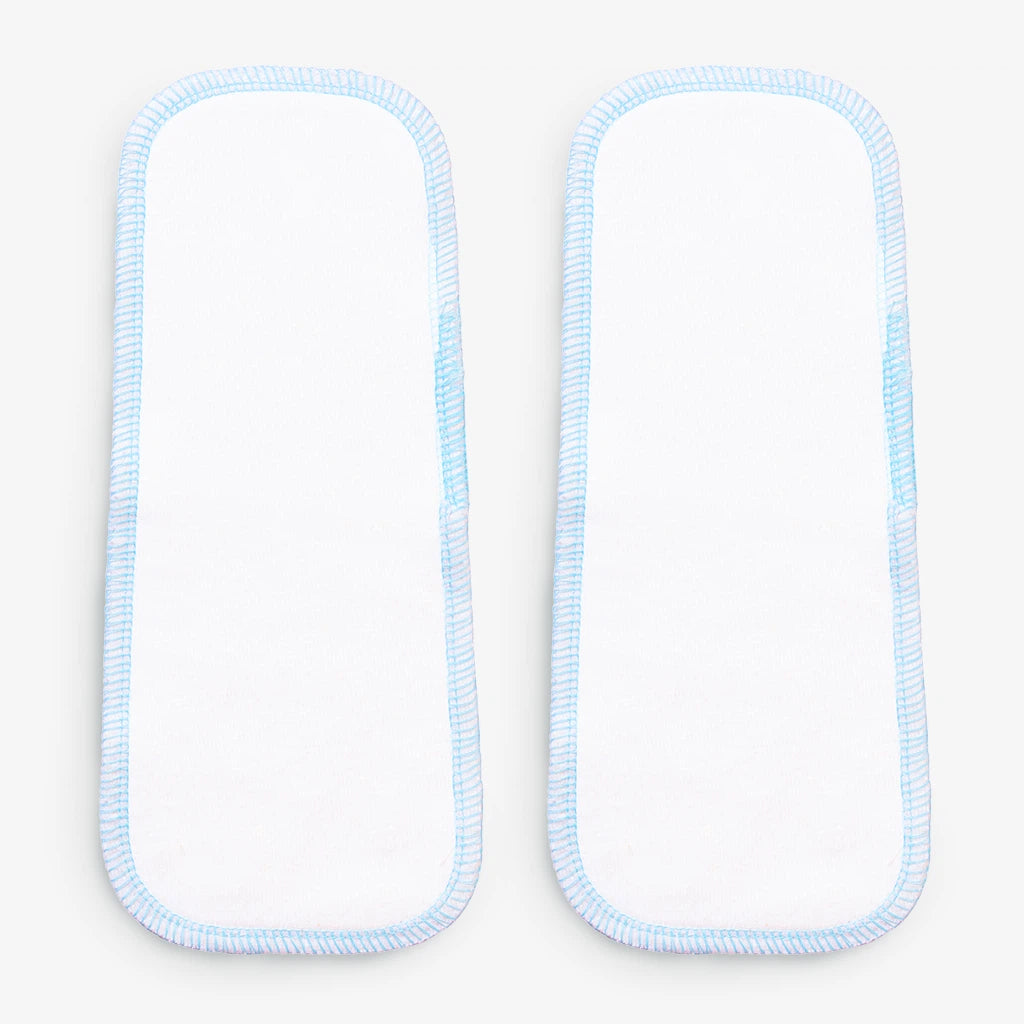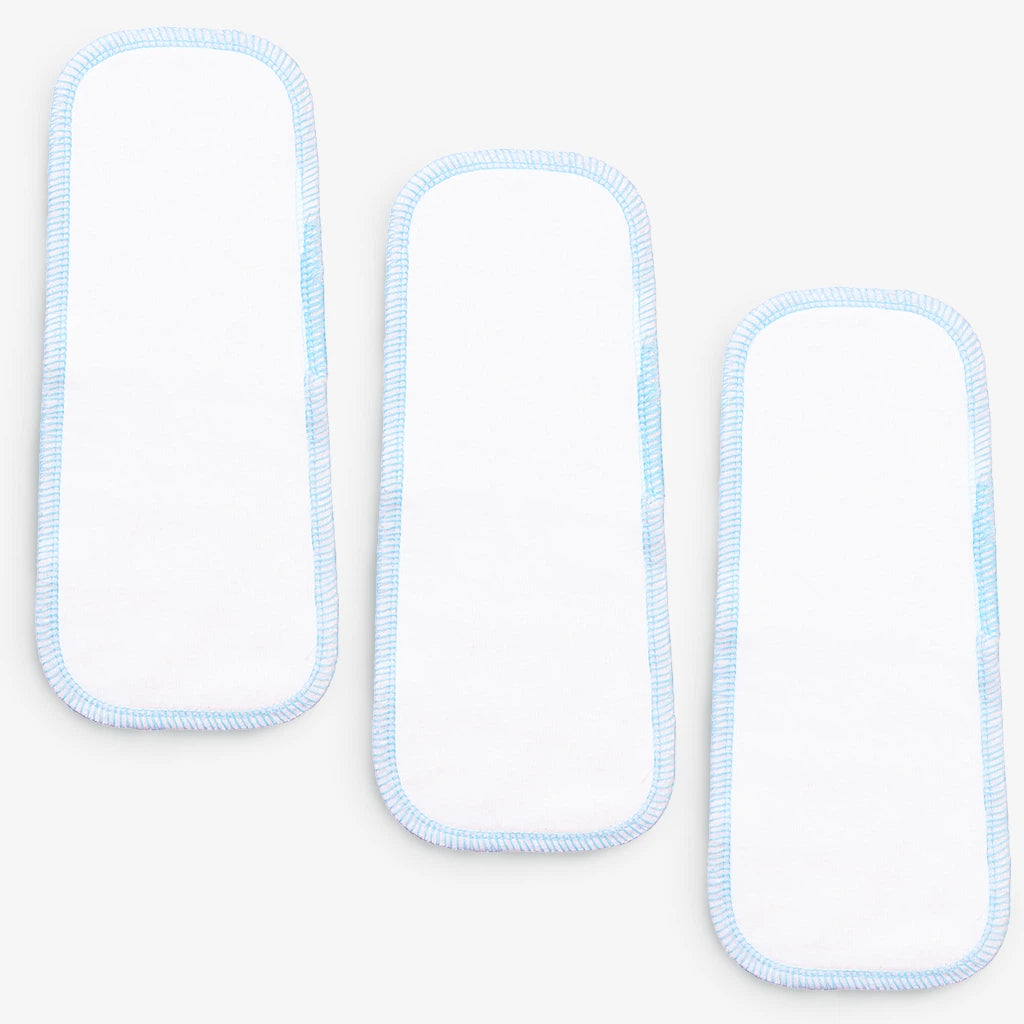If your baby cries uncontrollably for hours, especially in the evening, chances are you’re dealing with colic in babies. Many parents wonder what colic is in babies and how to manage it naturally without over-dependence on medicines. Colic pain in babies and indigestion or acid reflux in babies are two common reasons behind fussiness and sleepless nights. While colic isn’t dangerous, it can be exhausting for both the baby and parents.
- What is Colic in Babies?
- What Causes Colic in Babies?
- Symptoms of Colic in Babies
- Indigestion in Babies: Signs & Causes
- Baby Colic Remedies and Natural Relief
- Best Sleeping Position for Colic Baby
- How to Make a Colic Baby Sleep
- Home Remedies for Indigestion in Babies
- Key Takeaways
- FAQs
-
Message from SuperBottoms
What is Colic in Babies?
Colic refers to excessive, unexplained crying in an otherwise healthy baby. Typically, babies cry for about 2 hours a day, but with colic, it can stretch to 3 hours or more, at least 3 times a week.
- Age group affected: Most common in newborns up to 3–4 months old.
- Timing: Crying often peaks in the evening or late afternoon.
-
Cause: Though not dangerous, colic can lead to exhaustion and anxiety in parents.
What Causes Colic in Babies?
The exact cause isn’t fully known, but experts believe colic pain in babies may be linked to:
- Immature digestive system – difficulty breaking down certain proteins or sugars.
- Indigestion in babies is due to gas buildup or slow digestion.
- Food sensitivities – e.g., lactose intolerance, or sensitivity to proteins in formula or breast milk.
- Overstimulation – too much noise, light, or activity.
-
Air swallowing while feeding – leading to bloating and gas.
Symptoms of Colic in Babies
It’s important to distinguish between normal crying and colic. Here are some colic symptoms in babies to watch out for:
- Intense crying that starts suddenly, often at the same time daily.
- Pulling legs up toward the tummy (sign of colic pain).
- Clenched fists and flushed face.
- Difficulty calming down despite feeding, rocking, or soothing.
-
A bloated tummy or passing gas frequently.
For colic symptoms in breastfed babies, mothers may notice fussiness after feeding, especially if the baby swallows air or reacts to certain foods in the mother’s diet.
Indigestion in Babies: Signs & Causes
Indigestion in babies can often overlap with colic. Unlike adults, babies’ digestive systems are still developing, which makes them prone to gas and discomfort.
Common signs of indigestion in babies include:
- Restlessness and crying after feeding
- Vomiting or frequent spit-ups
- Hiccups and burping
- Arching back during feeding
-
Trouble sleeping
Baby Colic Remedies and Natural Relief
Parents often search for natural remedies for baby colic and safe baby indigestion remedies that can be tried at home. Here are some trusted solutions:
1. Burping After Every Feed
- Hold your baby upright and gently pat the back.
- Helps release trapped air and prevents gas buildup.
2. Tummy Time
- Place the baby on their tummy for a few minutes under supervision.
- This helps release gas and strengthens muscles.
3. Warm Compress
- A warm towel on the baby’s tummy can ease colic pain.
- Always check the temperature before placing it.
4. Baby Massage
- Gentle circular massage on the tummy helps reduce gas and indigestion.
- Clockwise motion aligns with digestive movement.
5. Gripe Water or Herbal Teas (if advised by doctor)
-
Some parents find relief with gripe water or fennel tea, but always consult a paediatrician first.
6. Mother’s Diet Check (for breastfed babies)
-
Avoid foods that may cause gas in babies, such as cabbage, beans, or very spicy food.
Best Sleeping Position for Colic Baby
Many parents ask: What is the best sleeping position for colic baby? Safe sleep is crucial.
- On the Back (Recommended) – Babies should always sleep on their backs to reduce SIDS risk.
- Elevated Head Position – Slightly elevating the mattress can ease reflux and indigestion.
- During Awake Time – Carry the baby in an upright position, or use the “colic carry” (baby’s tummy resting on your forearm).
How to Make a Colic Baby Sleep
Colic episodes can disrupt sleep. Here are some tips on how to make colic baby sleep better:
- Swaddling – Makes babies feel secure.
- White Noise – Gentle humming, shushing, or white-noise machines can calm them.
- Gentle Rocking – Motion often soothes babies with colic pain.
- Pacifier – Sucking provides comfort and may reduce crying.
- Consistent Routine – Bedtime rituals like a warm bath, lullaby, or dim lights help.
Home Remedies for Indigestion in Babies
If your baby is dealing with indigestion, these natural methods may help:
- Fennel Seeds Water (for breastfeeding moms) – Can reduce colic symptoms in breastfed babies.
- Ajwain (carom seeds) compress – Traditionally used in India for colic pain relief in babies.
- Keeping baby upright after feeds – Prevents milk from coming back up.
-
Avoid overfeeding – Feed smaller amounts more frequently.
Colic and indigestion are common in babies and usually resolve on their own as the digestive system matures. However, knowing what causes colic in babies, recognising the symptoms of colic in babies, and trying natural baby colic remedies can make a huge difference in keeping your baby comfortable. Gentle home practices, safe sleep positions, and parental patience go a long way in providing baby colic relief.
|
Limited Offers Ending Sooner - BUY NOW Now or never offers live on the SuperBottoms website. Take advantage of the never-before Good Value for Money on our offer page! Stock up on the bestselling UNO diapers, accessories and other popular SuperBottoms baby and mom products now available in deals and discounts. HURRY, the Deals are Live till stocks last! |
Key Takeaways
- Colic in babies is common and not harmful – It usually resolves by 4–6 months.
- Natural remedies like massage, burping, tummy time, and warm compresses provide safe and effective relief.
-
Proper feeding habits and safe sleep positions play a key role in managing colic pain and indigestion in babies.
Frequently Asked Questions (FAQs)
1. What is colic in babies, and how long does it last?
Ans - Colic is prolonged crying in healthy babies, often due to gas or indigestion. It usually peaks at 6 weeks and resolves by 4–6 months.
2. What are the symptoms of colic in babies?
Ans - Intense crying, pulling legs toward the tummy, clenched fists, bloated stomach, and gas are common colic symptoms.
3. What causes colic in babies?
Ans - Possible causes include immature digestion, food sensitivities, swallowing air while feeding, and overstimulation.
4. What is the best sleeping position for colic baby?
Ans - Always place babies on their backs. During awake time, upright carrying or the colic carry position can soothe pain.
5. Are there safe home remedies for indigestion in babies?
Ans - Yes. Burping, tummy time, gentle massage, and ensuring proper feeding can naturally relieve indigestion in babies.
Message from SuperBottoms
Hi there, new parents! SuperBottoms brings you doctor-recommended cloth diapers — the best rash-free diapering solution for your baby’s sensitive and delicate skin. Unlike disposable diapers loaded with chemicals, our newborn cloth diapers, when used and washed properly, can help eliminate the risk of diaper rashes. SuperBottoms offers a wide range of safe, skin-friendly essentials for the whole family — including Reusable Cloth Diapers, Diaper Pants, DryFeel langots for diaper-free time, Padded Underwear for potty training, SuperSoft Underwear for everyday comfort, Joggers for playful days, and Period Underwear for women. Not just for everyday use, SuperBottoms products also make the best gifting choice for babies — thoughtful, eco-friendly, practical, and loved by parents. Now available on Amazon, Myntra, Flipkart, FirstCry, Zepto, Swiggy and Blinkit.



































































































































